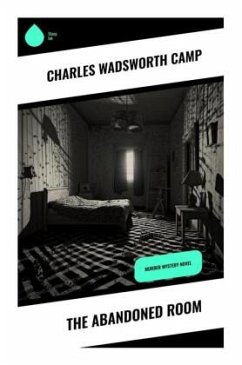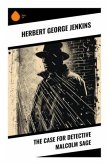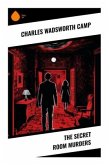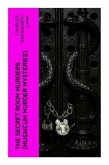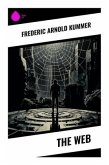In "The Abandoned Room," Charles Wadsworth Camp crafts a masterful tale of psychological tension and supernatural intrigue, set against the backdrop of a decaying hotel that serves as both canvas and character. The novel employs a distinctive narrative style, weaving together atmospheric description and poignant character development, allowing readers deeply to engage with the unfolding mystery. Camp deftly juxtaposes human fear and the unknown, reflecting the literary context of early 20th-century American Gothic fiction, where existential dread and isolation often haunt protagonists in crumbling settings. Charles Wadsworth Camp, an astute observer of the human condition, drew upon his keen understanding of the fragility of sanity and the complexities of the human psyche. His varied career and personal experiences imbue the narrative with a rich depth that evokes the simmering anxieties of his era. Camp's background as a journalist and editor enables him to construct prose that is both incisive and evocative, effectively immersing readers in the intricacies of his characters' inner struggles. For readers who relish the unraveling of chilling mysteries and are drawn to tales that explore the boundaries of reality and perception, "The Abandoned Room" is an essential read. Camp's skillful blend of suspense, emotion, and atmosphere promises a gripping journey into the depths of human fears that will linger long after the final page is turned.
Bitte wählen Sie Ihr Anliegen aus.
Rechnungen
Retourenschein anfordern
Bestellstatus
Storno

